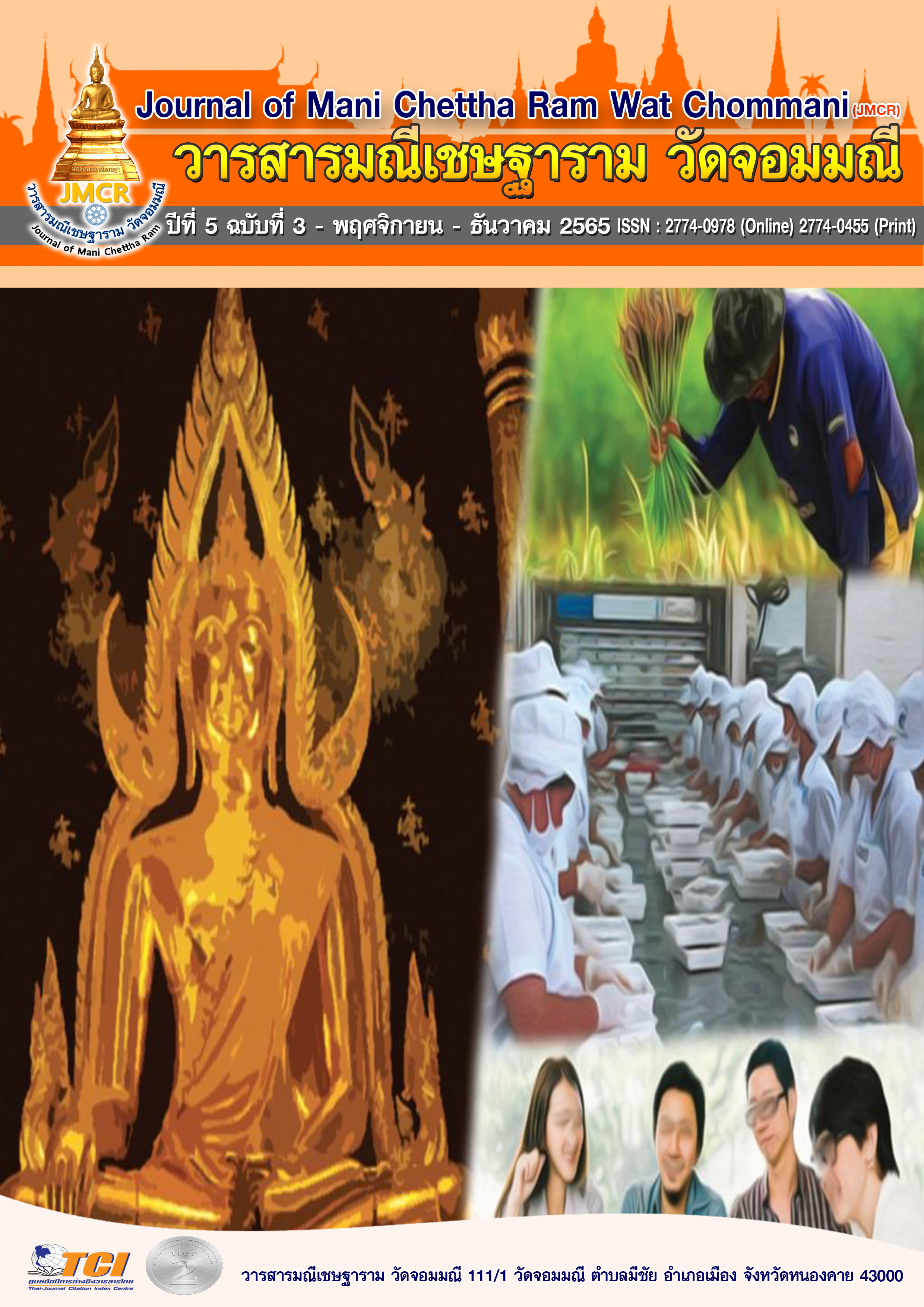Developing the wisdom of learning through the Tipitaka
Keywords:
Tipitaka, Wisdom, Way of Human LifeAbstract
The purpose of the academic article was to describe the Pāli Canon, so-called Tipitaka, as an aggregation of human wisdom, accounting for humankind, courtesy, health care, environmental conservation, belief, custom and tradition and ritual ceremonies. Teachings and principles in the Pāli Canon were generally involved with successive ways of human life, including knowledge on language and literature, social organization, and appropriate self-practice. In addition, the ways of ecclesiastical and householding life on beliefs, customs and traditions, and rites were demonstrated in line with the Buddha's knowledge on the essence of human life, which was in reality under the rule of three characteristics of existence (Tilakkhaṇa in Pāli): impermanence or transiency (Aniccatā), the state of suffering or being oppressed (Dukkhatā) and soullessness of not-self (Anattatā). As a result, Tipitaka was regarded as a bank of wisdom to be studied, learned and applied to all people's living life in order to improve themselves and their society. Wisdom is knowledge, understanding of doctrines related to various aspects of human life. resulting in the wisdom of learning and practice up to the present.




